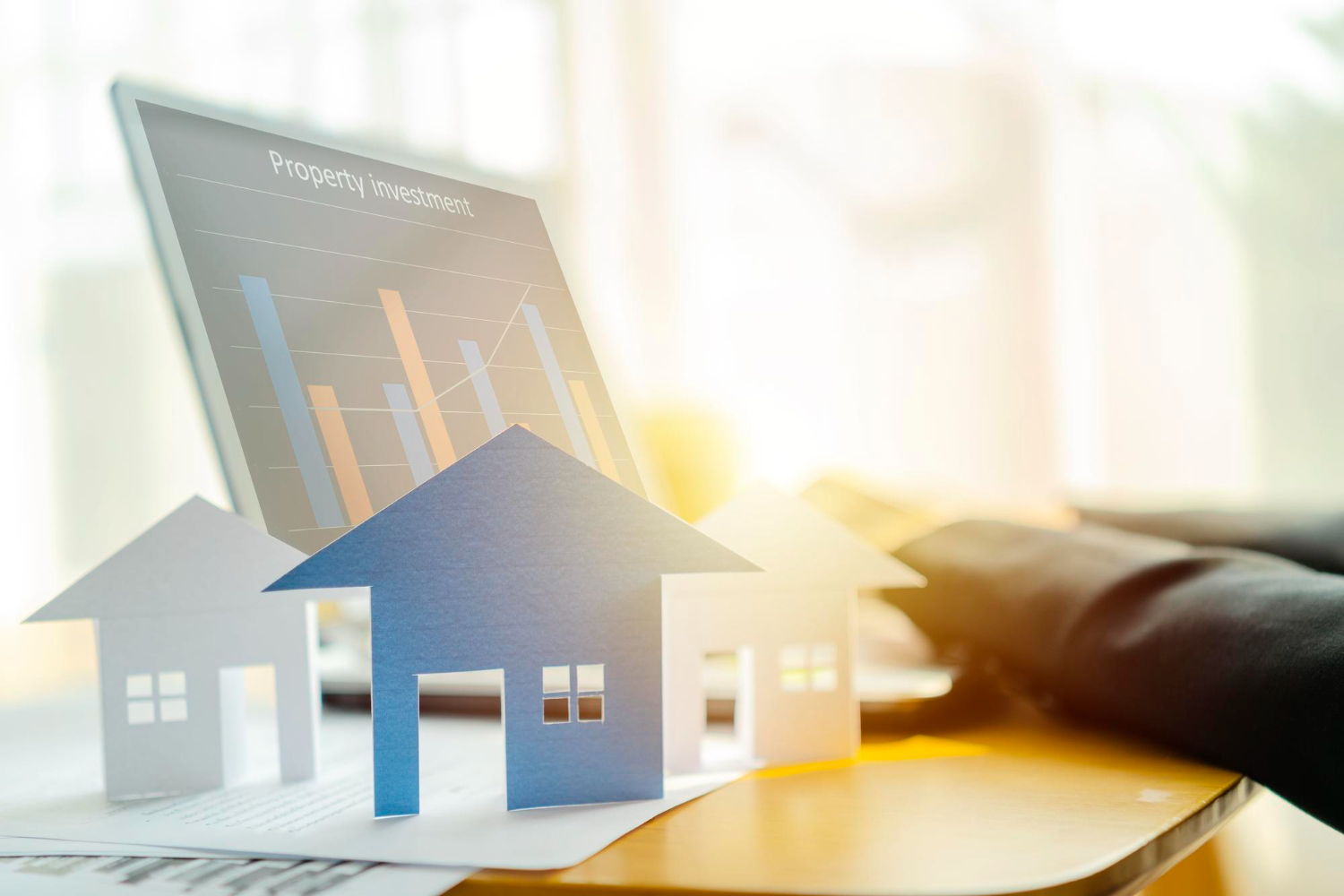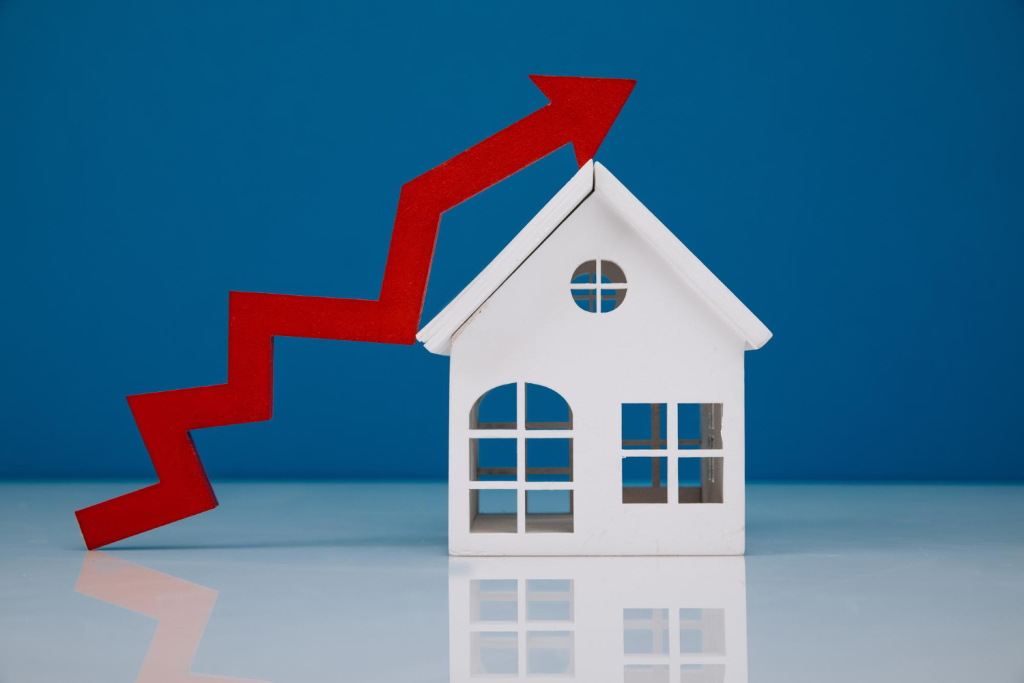How Higher Interest Rates May Affect Housing Recovery

The government and other central banks set benchmark interest rates, which affect borrowing costs for governments, businesses, and consumers. They are the primary tools of monetary policy for ensuring maximum employment and moderate expected inflation rate, as well as one of the most important determinants of the pace of economic activity.
Gradual rate increases allow everyone from homebuyers looking for a mortgage to CEOs weighing a large debt-financed investment to adjust. If interest rates rise too quickly, they may disrupt economic planning, discourage investment, and cause financial markets to become uneasy.
What Exactly Is an Interest Rate?
The interest rate is the amount charged by a lender to a borrower and is expressed as a percentage of the principal—the amount loaned. The annual interest rate percentage is the term used to describe the interest rate on a loan.
An interest rate can also be applied to the amount earned from a savings account or certificate of deposit at a bank or credit union (CD). The interest earned on these deposit accounts is referred to as the annual percentage yield (APY).
Types of interest rates
Nominal interest rates
The nominal interest rate on a loan or investment is simply the stated rate on which interest payments are calculated. Essentially, this is the rate at which savings earn interest over time.
Compound interest rates
Some lenders demand compound interest, which means the borrower pays even more in interest. Compound interest, also known as interest on interest, is applied to both the principal and the accumulated interest from previous periods. The bank assumes that the borrower owes the principal plus interest for the first year at the end of that year. The bank also assumes that at the end of the second year, the borrower owes the principal plus interest plus interest on interest for the first year.
When compounding, the interest owed is greater than the interest owed when using the simple interest method. The monthly interest is charged on the principal plus accrued interest from previous months. For shorter time periods, the interest calculation will be similar for both methods. However, as the lending period lengthens, the disparity between the two types of interest calculations grows.
What Do Rising Interest Rates Mean for the Real Estate Market?
For landlords and other property investors, the cost of their mortgage (if it is a variable mortgage) is likely to rise significantly over the next five years. As a result, property investors are likely to receive less cash flow.
If interest rates continue to rise, many landlords’ properties will likely stop making as much money because the increase in interest has eaten into their cash flow. Because of the way profits are calculated, even if landlords aren’t making a profit, they are on paper. As a result, landlords will have to dig deeper into their pockets to pay the tax each year. Experts predict that some property owners will sell because they will be unable to afford the higher taxes and interest rates on their properties.

Why Do Interest Rates Matter in the Housing Market?
Interest rates are significant in the housing market for several reasons. They influence the value of the real estate by determining how much we will have to pay to borrow money to buy a home. Low-interest rates tend to increase demand for real estate, driving up prices, whereas high-interest rates have the opposite effect.
Effects of rising interest rates on the housing market
Rising interest rates affect the real estate industry and real estate investing, as well as buyers, sellers, and investors. Here’s how they’re affected:
Sellers
While interest rates and mortgage rates affect sellers, they do so in a different way than buyers. If you decide to sell your house for one million pesos, you can list it at that price. Potential buyers of your home, however, can only have a purchasing power of 950,000 pesos due to high-interest rates.
You will inevitably make a profit, but even a 1% increase in mortgage rates can reduce the market value of your home by approximately 50,000 pesos. As a result, your profit will always be determined by your ability to analyze the market. As a general rule, if interest rates are high, you should postpone selling your home.
Buyers
Rising interest rates make buying a house even more difficult in the real estate industry because mortgage rates rise as well, making houses less affordable. As previously stated, a 1% increase can reduce a person’s purchasing power by 13%.
However, according to Benjamin Keys, if a homebuyer obtains a fixed-rate mortgage, they can have a stable monthly housing expense for 15 to 30 years. At the same time, the government should provide better assistance to prospective homebuyers, which can benefit investors.
The government of the Philippines relaunched the Community Mortgage Program (CMP) in January 2021. The CMP, according to the Department of Human Settlements and Urban Development, is intended to assist low-income groups in acquiring and developing land under the concept of community ownership.
With the growing demand for affordable yet decent housing, the Social Housing Finance Corporation (SHFC) introduced new CMP modalities. In these variants, CMP communities can construct medium-rise buildings that will serve as condominiums.
Due to the frequency of natural disasters, they also launched a new modality called the Post-Disaster Recovery and Rehabilitation CMP, which will provide assistance for community housing projects in times of disaster. If you have a foundation that helps disaster victims with housing, this will be very important to you.

Investors
Investors are most likely to benefit from the rise in interest rates. Because only a few people can afford a house, let alone qualify for a mortgage, the rental market will grow as mortgage rates rise.
Because they do not need a loan to buy a house, investors can avoid the mortgage process and all of its costs and fees. As a result of increased supply and decreased demand for properties, it may be a better choice to buy real estate properties during an increase in interest rates.
Furthermore, as interest rates rise, investors can convert the properties they purchase into short-term rental properties. If they can target the right market, they could make a lot of money.




